|
Genres, Themes, Actors, and Directors:
- Francois Truffaut Films
- French Films
- Historical Drama
- Teachers
Response to Peary’s Review:
Peary argues that while the “true story” behind Truffaut’s ninth feature-length film “makes for a fascinating movie premise”, and that the “portrayals by both Cargol and Truffaut are believable”, it’s nonetheless “not as enjoyable as one would hope”. He cites several potential reasons for this, including “the absence of humor”, the lack of “surprises (since fictional works have covered the same subject)”, the fact that “the mystery of the boy’s origins was never solved”, and/or resentment for “what the doctor is doing (even though he has good intentions)”. My major complaint about the film — which I actually find admirably low-key and restrained for Truffaut — is that the emphasis placed on Itard’s chronicled methods for trying to “train” Victor eventually starts to feel both repetitive and ill-conceived. While Peary argues that “the most interesting scenes are those in which the boy temporarily tires of civilization’s restraints/rules and, like Tarzan, returns to the wilderness and his brutish state” (thus revealing Peary’s naturalistic bias), there’s never really any doubt that Victor is better off learning how to live within society. What’s unfortunate is that the film — remaining clinically faithful to Itard’s published articles, including plenty of voice-overs by Truffaut-as-Itard — eventually focuses almost exclusively on Itard’s relentless attempt to impose joyless academic learning on Victor, at the expense of more valuable “lessons” in (for instance) social interaction with peers.
Unlike Peary, most other critics found (and continue to find) much to praise about the film; for instance, Time Out’s reviewer calls it “as lucid and wryly witty a film as you could wish for, uncluttered by superfluous period detail”, with “a beautiful use of simple techniques” — such as “black-and-white photography, Vivaldi music, even devices as outmoded as the iris” — “giv[ing] it a very refreshing quality”. While my ultimate opinion lies somewhere in between Peary’s and the above assessment, what I’m most impressed by in the film is the astonishing performance given by Cargol, a gypsy selected from 2,500 potential boys to play the title role. Cargol (who apparently never acted again, instead turning to a career in music as an adult) is never anything less than entirely believable, seemingly remaining oblivious to the presence of the camera as he gives one of the most convincing child performances I’ve ever seen on screen. It’s for his performance alone that I recommend this film as one-time must-see viewing for film fanatics (who will surely also appreciate Nestor Almendros’ luminous b&w cinematography).
Note: Click here to read some additional background on the film, told in part from the perspective of Truffaut’s daughter, Laura, who was on the set as a child.
Redeeming Qualities and Moments:
- Jean-Pierre Cargol as Victor
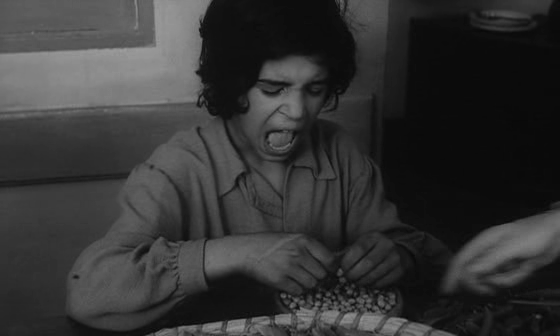
- Francois Truffaut as Dr. Itard
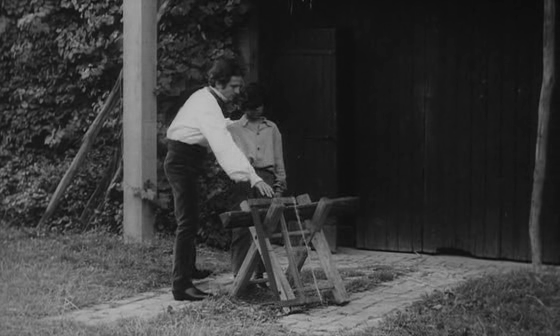
- Fine b&w cinematography by Nestor Almendros
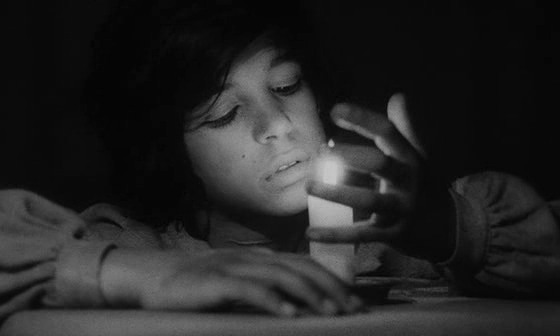
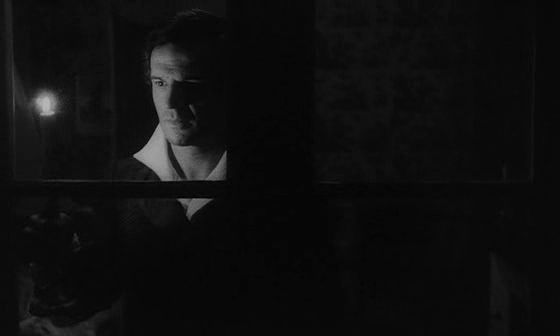
Must See?
Yes, simply for Cargol’s astonishingly “natural” performance.
Categories
- Important Director
- Noteworthy Performance(s)
Links:
|
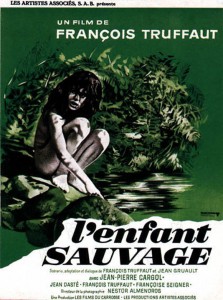




One thought on “Wild Child, The (1970)”
Agreed – a once-must, for Cargol’s performance.
I find it strange that Peary bemoans an “absence of humor” here. I find it equally strange to note the Time Out reviewer turns that around, calling the film “wryly witty”. Why would one look for humor or wit in a film like this? ‘TWC’ is very similar to both ‘The Miracle Worker’ and ‘The Elephant Man’: an outcast is taken under the wing of a ‘tutor’ in all three cases, for the purpose of being normalized. It’s a rather serious undertaking. (Those other two films don’t exactly keep us in stitches, either.)
Not only is this one of Truffaut’s simplest films, it’s also one of his best (even if I also agree with some of the assessment’s points regarding Itard’s techniques). As an actor, I find Truffaut to be, unfortunately, rather flat but, in a role like this, that quality is not out-of-place, so is somewhat acceptable. I’m rather taken with Francoise Seigner’s gentle portrayal of Itard’s assistant and housekeeper Madame Guerin – she lends a quietly moving touch throughout the child’s learning process (even when she reprimands Itard for pushing the boy too hard).
I’m also in complete agreement regarding Cargol’s performance. It impresses and strikes as genuine; it seems Truffaut had a particular gift in his ability to direct children – AS real children.
The Vivaldi music is an inspired choice to augment. And, yes, DP Almendros is perfectly in synch here with masterful camerawork.
I’d only seen this film once before – probably not long after its release. Although I don’t think it merits repeat viewings, I find that I did not mind revisiting it; it’s an intriguing watch.